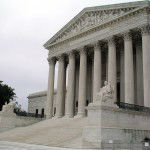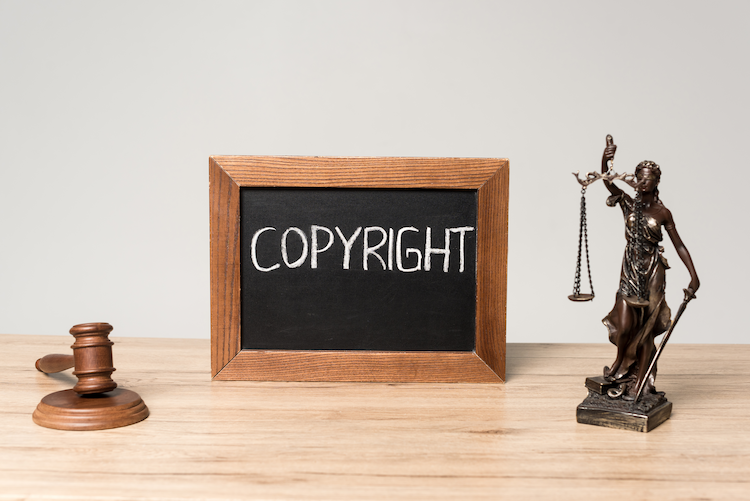Supreme Court Kicks Off Historic Agenda: Part I

The U.S. Supreme Court term that ended with the much-anticipated healthcare decision certainly made waves, but could the Court’s next term be even more historic? While much is left to be decided, the cases on tap for this term have the potential to change our legal precedent regarding gay marriage, voting rights, affirmative action, searches and seizures, government surveillance, and much more.
The new term, which kicked off earlier this month, will also solidify the tenor of the Court, particularly the role of Chief Justice John Roberts. As we previously discussed on this Constitutional Law Blog, he surprised many when he cast the decisive vote to uphold the Affordable Care Act. It will be interesting to see if he continues to use his leadership skills to shape the Court and keep it above the political fray.
Along with Chief Justice Roberts, Justice Anthony Kennedy is also poised to play a key role in the upcoming term. While Kennedy is traditionally a conservative, he also has the potential to side with the more liberal justices on key issues like gay rights and racial discrimination. As such, many predict he will be the key swing vote in several upcoming cases.
Given the attention on both the Court and the issues before it, the Supreme Court will likely be back in the headlines during the coming year. Below are three key cases on the Supreme Court docket this month:
- Kiobel v. Royal Dutch Petroleum Co.: This Supreme Court has already heard oral arguments in controversial case, which could have a dramatic impact on the business world. The issue before the Court is whether corporations can be held accountable in the United States under the Alien Tort Statute for human rights violations committed overseas. The Kiobel is being reargued after previously being considered on narrower issues last term.
- Fisher v. University of Texas: Affirmative action will come back before the Supreme Court this term. The issue before the Court is the constitutionality of the use of race in admissions criteria. The Court is expected to reconsider the precedent established in Grutter v. Bolinger, which was decided in 2003.
- Florida v. Jardines and Florida v. Harris: The Court will consider a number of key criminal cases this term. This pair of cases involves the use of drug-sniffing dogs outside of homes and vehicles in light of the Fourth Amendment prohibition against unreasonable searches and seizures.
Please stay tuned to this blog in the coming weeks, as we will continue to preview the Court’s historic docket.
Previous Articles
SCOTUS Sides With NRA in First Amendment Dispute
by DONALD SCARINCI on June 25, 2024
In National Rifle Association of America v. Vullo, 602 U.S. ____ (2024), the U.S. Supreme Court rul...
SCOTUS Rules Challenged South Carolina District Is Not a Racial Gerrymander
by DONALD SCARINCI on June 19, 2024
In Alexander v. South Carolina State Conference of the NAACP, 602 U.S. ____ (2024), the U.S. Suprem...
SCOTUS Holds No Time Limit for Damages Under Copyright Act
by DONALD SCARINCI on June 17, 2024
In Warner Chappell Music, Inc. v. Nealy, 601 U.S. ____ (2024), the U.S. Supreme Court held that the...
The Amendments
-
Amendment1
- Establishment ClauseFree Exercise Clause
- Freedom of Speech
- Freedoms of Press
- Freedom of Assembly, and Petitition
-
Amendment2
- The Right to Bear Arms
-
Amendment4
- Unreasonable Searches and Seizures
-
Amendment5
- Due Process
- Eminent Domain
- Rights of Criminal Defendants
Preamble to the Bill of Rights
Congress of the United States begun and held at the City of New-York, on Wednesday the fourth of March, one thousand seven hundred and eighty nine.
THE Conventions of a number of the States, having at the time of their adopting the Constitution, expressed a desire, in order to prevent misconstruction or abuse of its powers, that further declaratory and restrictive clauses should be added: And as extending the ground of public confidence in the Government, will best ensure the beneficent ends of its institution.




